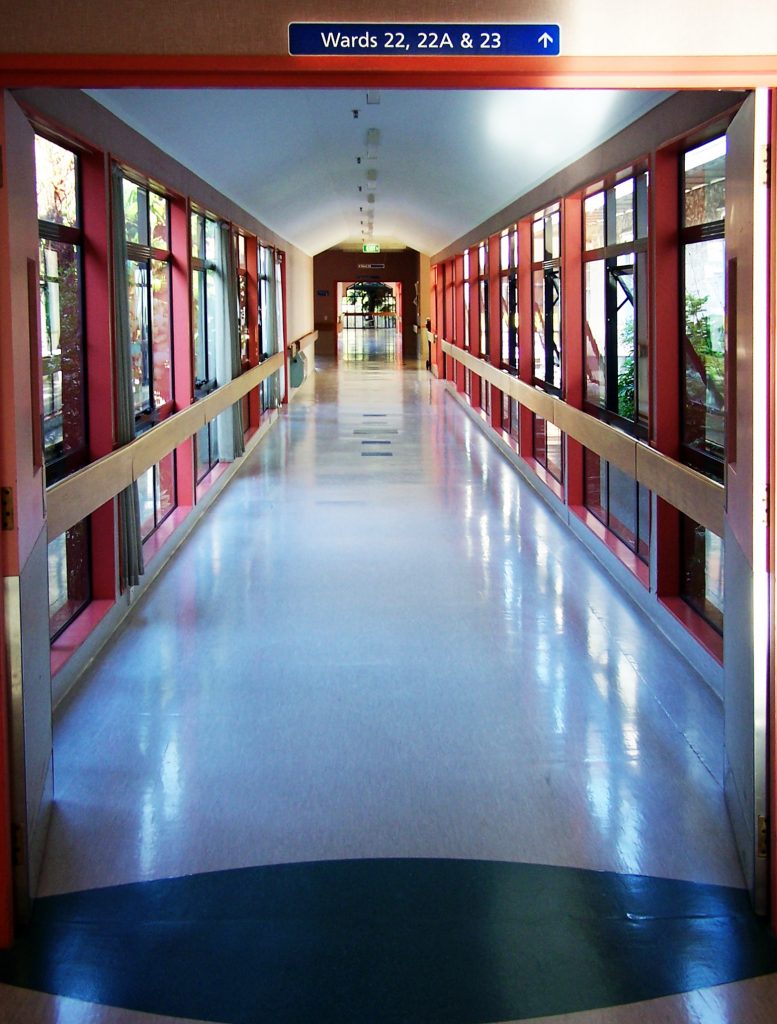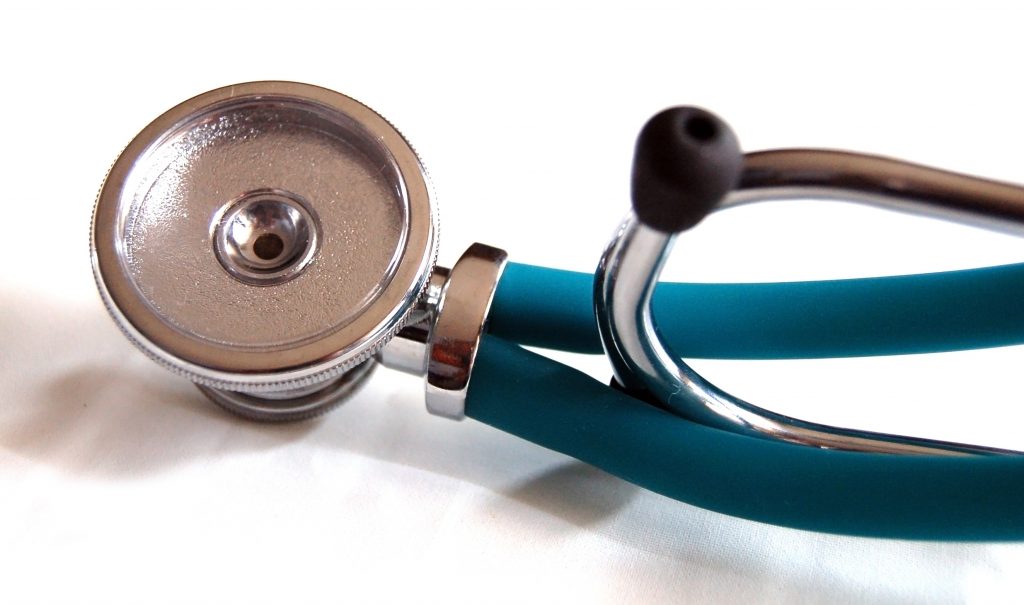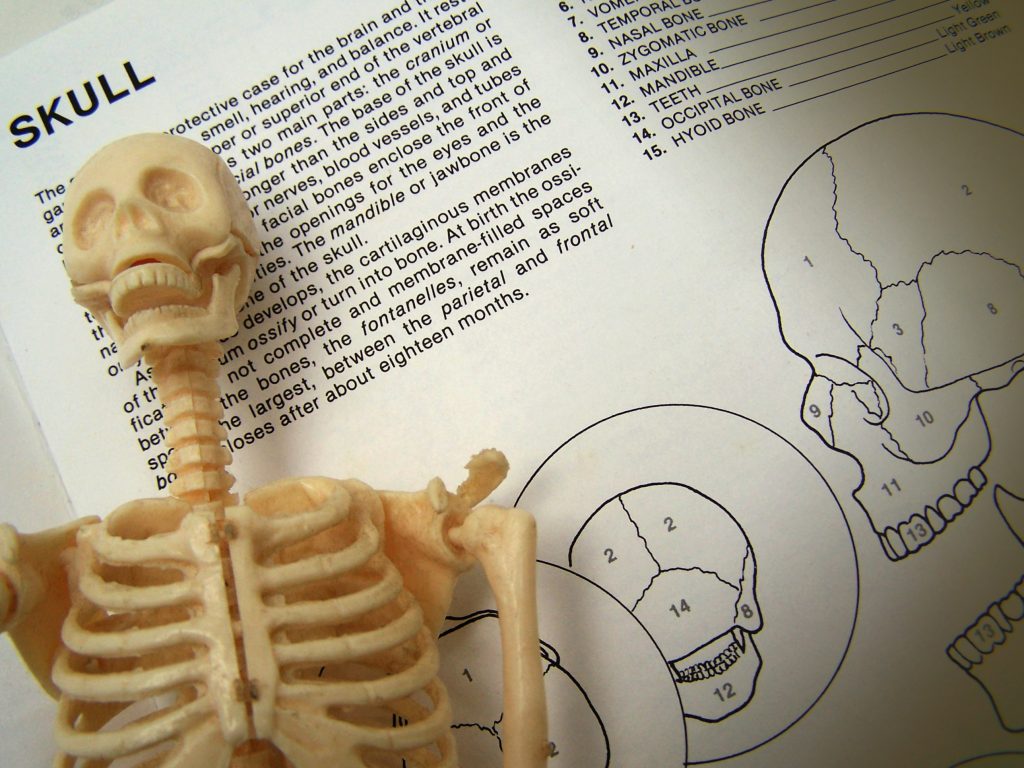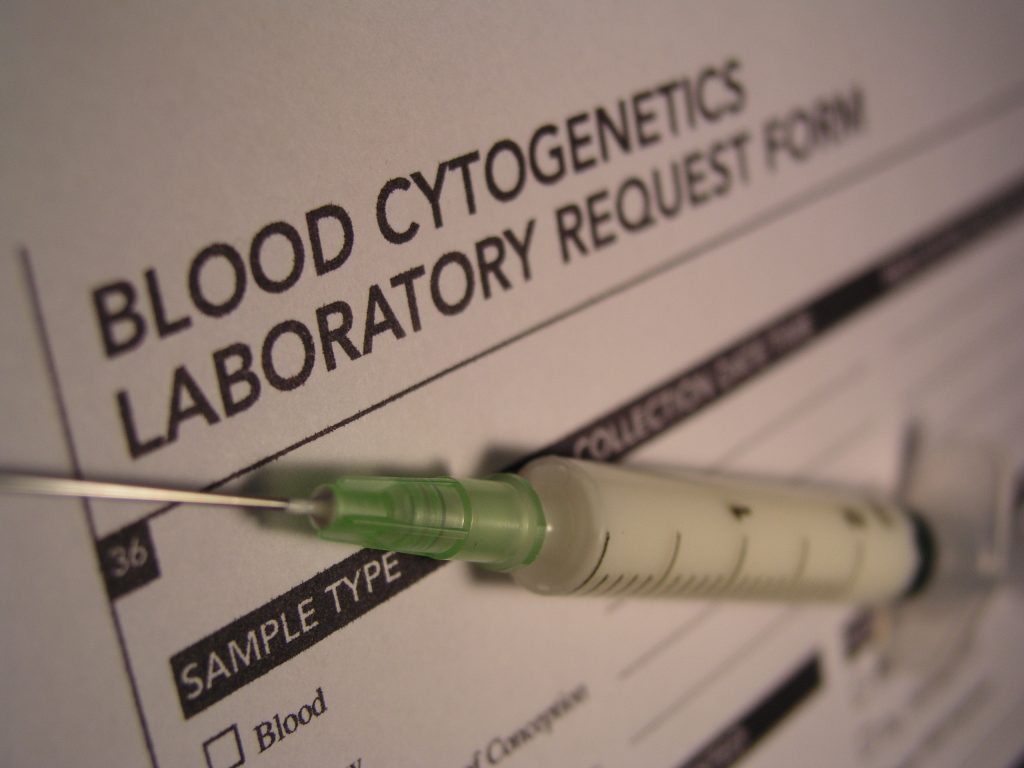 If you have been affected by medical malpractice in any way, you must always be sure to know your rights and the time limits associated with filing any actions against the doctors or medical facilities involved. Generally, there are statutes that limit how long you have to file a claim in court for medical malpractice and if you miss those deadlines, you will not be able to file your lawsuit. It is of utmost importance to find a good lawyer right away who can help you understand your rights and navigate deadlines before it is too late. In Louisiana, the law requires that if you are filing for medical malpractice, you must do so within one year from the date of discovery of the alleged act, omission, or neglect associated with your case. See La. R.S. 9:5628.
If you have been affected by medical malpractice in any way, you must always be sure to know your rights and the time limits associated with filing any actions against the doctors or medical facilities involved. Generally, there are statutes that limit how long you have to file a claim in court for medical malpractice and if you miss those deadlines, you will not be able to file your lawsuit. It is of utmost importance to find a good lawyer right away who can help you understand your rights and navigate deadlines before it is too late. In Louisiana, the law requires that if you are filing for medical malpractice, you must do so within one year from the date of discovery of the alleged act, omission, or neglect associated with your case. See La. R.S. 9:5628.
In this case, Ms. Watson, a coach at a high school in Louisiana, had a family history of breast cancer. In March 2009, she visited Glenwood Medical Mall (“Glenwood”) to get a mammogram and the doctor (Dr. Atchison) found a small lesion. Ms. Watson testified that Dr. Atchison told her the lesion was benign and she was cancer-free. Just a few weeks later, she discovered a small knot in her breast and returned to the clinic in May 2009 convinced of a diagnosis of breast cancer. A nurse examined Ms. Watson and told her it was a superficial cyst caused by her soda intake. In May 2010, a different doctor told her she did indeed have breast cancer and Ms. Watson testified that by then she felt certain Dr. Atchison and Glenwood had misdiagnosed her cancer and that she had lived for an entire year with cancer and obtained no treatment because of that misdiagnosis.
Eventually, Ms. Watson had a double mastectomy upon the recommendation of the doctor who had found cancer. Ms. Watson filed her medical malpractice suit on June 14, 2011, claiming that she had reduced chances of survival and had undergone treatment that would not have otherwise been necessary. The doctor and hospital filed exceptions of prescription and argued that since Ms. Watson had received her diagnosis of breast cancer in May 2010 and filed in June 2011, she was outside the one-year period for filing a medical malpractice action. The Trial Court found that the evidence was enough to show Ms. Watson should have known about her misdiagnosis in May 2010 and held that the exception of prescription applied to time-bar her action.
 Louisiana Personal Injury Lawyer Blog
Louisiana Personal Injury Lawyer Blog


 The issue of whether a doctor’s treatment was the cause of a plaintiff’s injury can ultimately be left to a court to decide. If you have been injured after receiving treatment by a physician, it is important to contact a good lawyer to make sure you maximize your odds of winning the compensation you’re entitled to.
The issue of whether a doctor’s treatment was the cause of a plaintiff’s injury can ultimately be left to a court to decide. If you have been injured after receiving treatment by a physician, it is important to contact a good lawyer to make sure you maximize your odds of winning the compensation you’re entitled to. While participating in physical therapy sessions, most people would probably expect to be monitored by a therapist for the length of the session to ensure that things run smoothly. Unfortunately for one woman, Mrs. Laura Joinder, her physical therapist had other plans. As a result, Mrs. Joinder sued the defendant in Ouachita Parish for injuries she suffered while in their care.
While participating in physical therapy sessions, most people would probably expect to be monitored by a therapist for the length of the session to ensure that things run smoothly. Unfortunately for one woman, Mrs. Laura Joinder, her physical therapist had other plans. As a result, Mrs. Joinder sued the defendant in Ouachita Parish for injuries she suffered while in their care. Court procedures can be confusing for many people. Cases can be even more confusing when they involve medical malpractice claims. One Louisiana case arising from injuries suffered by the plaintiff from treatment he received in March and April of 2009 reached the summary judgment stage. The complaint was originally filed with the Commissioner of Administration in accordance with the Louisiana Medical Malpractice Act.
Court procedures can be confusing for many people. Cases can be even more confusing when they involve medical malpractice claims. One Louisiana case arising from injuries suffered by the plaintiff from treatment he received in March and April of 2009 reached the summary judgment stage. The complaint was originally filed with the Commissioner of Administration in accordance with the Louisiana Medical Malpractice Act.  Medical malpractice generally involves subpar medical treatment that causes injury or death. The plaintiff, either the injured person or that person’s family, would need to show the court that the healthcare provider was negligent while administering the medical treatment. On the other hand, the healthcare provider as the defendant may argue that there was no negligence. The provider may also argue that the court should dismiss the case all together because the plaintiff does not have the evidence to show any wrong-doing. In the face of such opposition from defendants, there is a need for a good lawyer to build the strategy and prepare the case.
Medical malpractice generally involves subpar medical treatment that causes injury or death. The plaintiff, either the injured person or that person’s family, would need to show the court that the healthcare provider was negligent while administering the medical treatment. On the other hand, the healthcare provider as the defendant may argue that there was no negligence. The provider may also argue that the court should dismiss the case all together because the plaintiff does not have the evidence to show any wrong-doing. In the face of such opposition from defendants, there is a need for a good lawyer to build the strategy and prepare the case. It is, mildly stated, disappointing for a plaintiff when a court dismisses his or her case based on a technicality, particularly when the lawsuit is about medical malpractice. Unfortunately, even when a plaintiff has a good case, with all the necessary evidence to show that the defendant was wrong, the plaintiff can still lose the case if he or she does not diligently take the necessary steps to move the case forward. In Louisiana courts, the Code of Civil Procedure ensures a fair process for all parties. All civil cases must follow these rules as part of the process. Malpractice cases are no exception. In a recent case of the Louisiana Second Circuit Court of Appeal, the plaintiffs learned this the hard way.
It is, mildly stated, disappointing for a plaintiff when a court dismisses his or her case based on a technicality, particularly when the lawsuit is about medical malpractice. Unfortunately, even when a plaintiff has a good case, with all the necessary evidence to show that the defendant was wrong, the plaintiff can still lose the case if he or she does not diligently take the necessary steps to move the case forward. In Louisiana courts, the Code of Civil Procedure ensures a fair process for all parties. All civil cases must follow these rules as part of the process. Malpractice cases are no exception. In a recent case of the Louisiana Second Circuit Court of Appeal, the plaintiffs learned this the hard way. 

 Doctors – we literally put our lives, and the lives of our loved ones, in their hands. It is the most frightening feeling to know that your loved one is in surgery, the possibility of death or complications is always imminent, no matter how small or standard of a surgery. This feeling of fright often turns to anger and pain once someone has lost a loved one. Especially, where we believe the death is due to the negligence of the very doctor we put in control of the fate of our lives.
Doctors – we literally put our lives, and the lives of our loved ones, in their hands. It is the most frightening feeling to know that your loved one is in surgery, the possibility of death or complications is always imminent, no matter how small or standard of a surgery. This feeling of fright often turns to anger and pain once someone has lost a loved one. Especially, where we believe the death is due to the negligence of the very doctor we put in control of the fate of our lives.  In filing any petition for damages before a court, timing is critical. And similarly critical is the clear articulation of one’s legal and factual complaints. Failure to timely and clearly raise a particular legal issue risks dismissal by the court. Defendants in litigation can and will use defensive pleadings known as “exceptions,” which seek to have a court dismiss a complaint or petition before the court considers it on the merits. The exception of prescription asserts that the plaintiff brought the claim after the period of time allowed by statute. The exception of prematurity asserts that a particular claim is not sufficiently mature or “ripe” for the court to hear it. A plaintiff in a recent case of the Louisiana Third Circuit Court of Appeal nearly risked the dismissal of his claims under these two exceptions.
In filing any petition for damages before a court, timing is critical. And similarly critical is the clear articulation of one’s legal and factual complaints. Failure to timely and clearly raise a particular legal issue risks dismissal by the court. Defendants in litigation can and will use defensive pleadings known as “exceptions,” which seek to have a court dismiss a complaint or petition before the court considers it on the merits. The exception of prescription asserts that the plaintiff brought the claim after the period of time allowed by statute. The exception of prematurity asserts that a particular claim is not sufficiently mature or “ripe” for the court to hear it. A plaintiff in a recent case of the Louisiana Third Circuit Court of Appeal nearly risked the dismissal of his claims under these two exceptions.